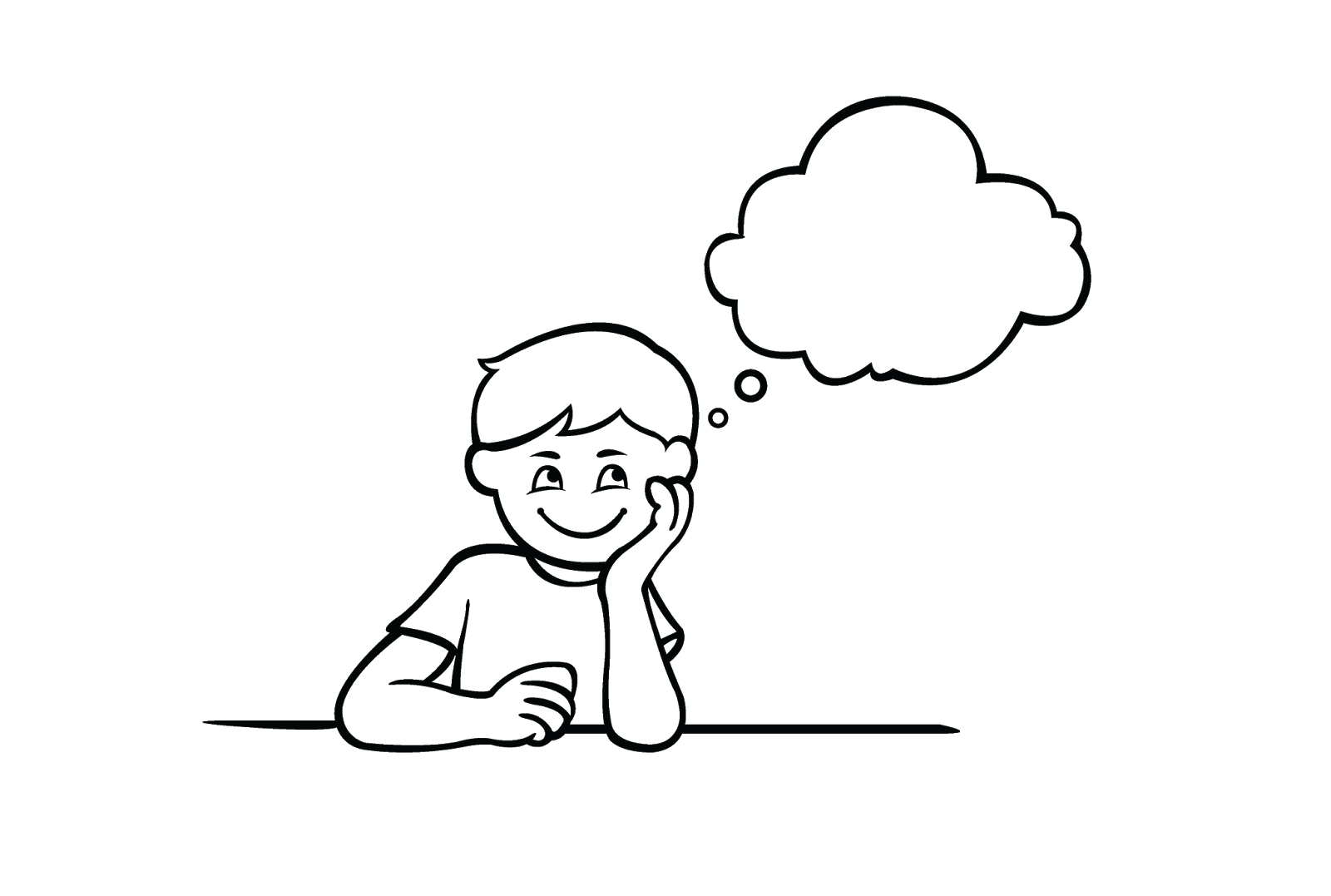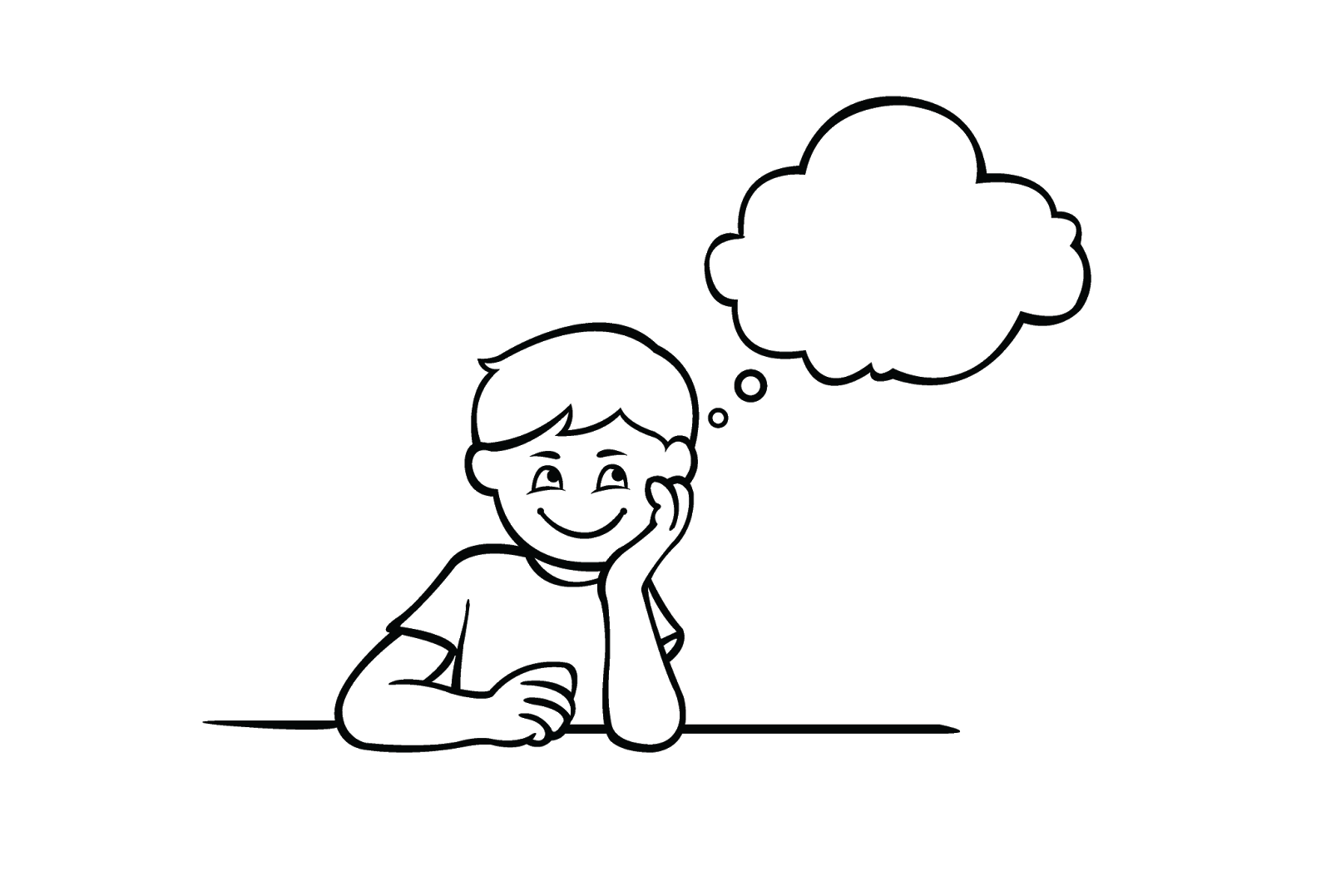
Effect of Emotional Distress
I am Amit Patel, a 36 year old manager in a hotel chain. My wife Sarita, 32 years old, an interior designer has decided to walk out of our marriage as she feels that she has better prospects in life without me. We have a son Abhishek, 7 years old studying in the 2nd grade. Since our quarrels have going on since the last six months, the whole house is in a state of turmoil. Abhishek used to score about 90 percent marks before our problems started and since the last 4 months his academic performance has declined tremendously. He is unable to concentrate on anything and has a blank look on his face all the time. Could our separation talks affect him to such an extent? Please advise.

The effect of emotional distress on mental clarity is devastating. Distress can overpower, even paralyze the thought process. Students who are anxious, angry, or depressed don’t learn; people who are caught in these states do not take in information efficiently or deal with it well. Powerful negative emotions twist attention towards their own preoccupations, interfering with the attempt to focus elsewhere. They are so intrusive that they overwhelm all other thought, continually sabotaging attempts to pay attention to whatever other task is at hand. For the person going through an emotional upheaval, the mind does not stay long on the comparatively trivial routines of the work or school day; thoughts of self-pity and despair, hopelessness and helplessness, override all others.
Emotions can overwhelm concentration, swamping the memory, the ability to hold all information relevant to a task at hand. On the other hand, the role of positive motivation results in the marshalling of feelings of enthusiasm, zeal, and confidence – in achievement. What seems to set apart those at the very top of competitive pursuits from others of roughly equal ability is the degree to which, beginning early in life, they can pursue an arduous practice routine for years and years. And that doggedness depends on emotional traits – enthusiasm and persistence in the face of setbacks – above all else.
To the degree that our emotions get in the way of or enhance our ability to think and plan, to pursue training for a distant goal, to solve problems, and the like, they define the limits of our capacity to use our innate mental abilities, and so determine how we do in life. And to the degree to which we are motivated by feelings of enthusiasm and pleasure in what we do – or even by an optimal degree of anxiety – they propel us to accomplishment. What effects in a small way early in life blossoms into a wide range of social and emotional competencies as life goes on. Anxiety undermines the intellect and affects the academic achievement. As Abhishek is in a very vulnerable position, he is going to be tremendously affected by this turmoil.
What you can do.
Good moods, while they last, enhance the ability to think flexibly and with more complexity, thus making it easier to find solutions to problems, whether intellectual or interpersonal. Laughing, like elation, seems to help people think more broadly and associate more freely, noticing things that would have otherwise eluded them – a mental skill important not just in creativity, but in recognizing complex relationships and foreseeing the consequences of a given decision. In making plans or decisions, people in good moods have a perceptual bias that leads them to be more expansive and positive in their thinking.

This is partly because memory is state-specific, so that while in a good mood we remember more positive events; as we think over the pros and cons of a course of action while feeling pleasant, memory biases our weighing of evidence in a positive direction, making us more likely to do something better. By the same token, being in a foul mood biases memory in a negative direction, making us more likely to contract into a fearful, overly cautious decision. So there are two things to do. Firstly, try and lighten up his mood every day. Secondly, give him a lot of hope that things will be fine later. Hope will motivate him to work harder and think of a range of things to do. Low levels of hope deters the pursuit of things and leaves a demoralization in the wake. Hope offers more than a bit of solace and affliction. It is a belief that you have both the will and the way to accomplish your goals, whatever they may be.




